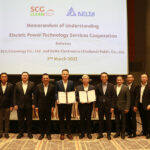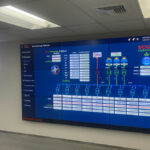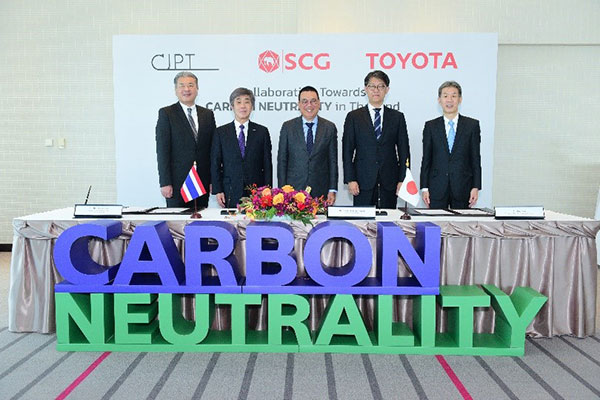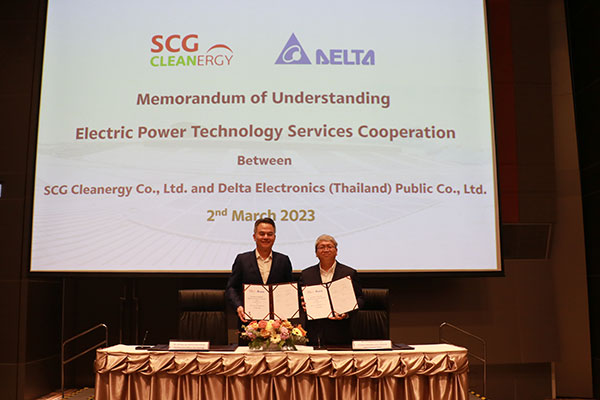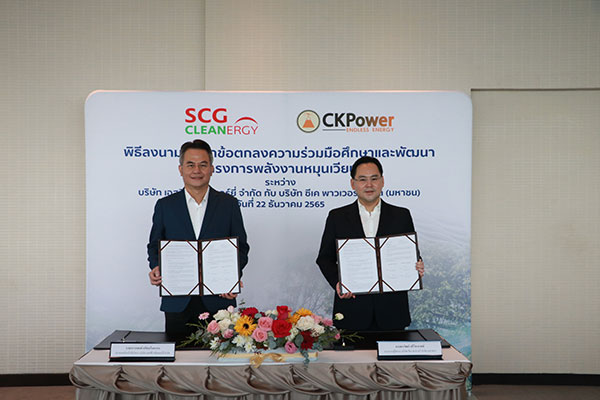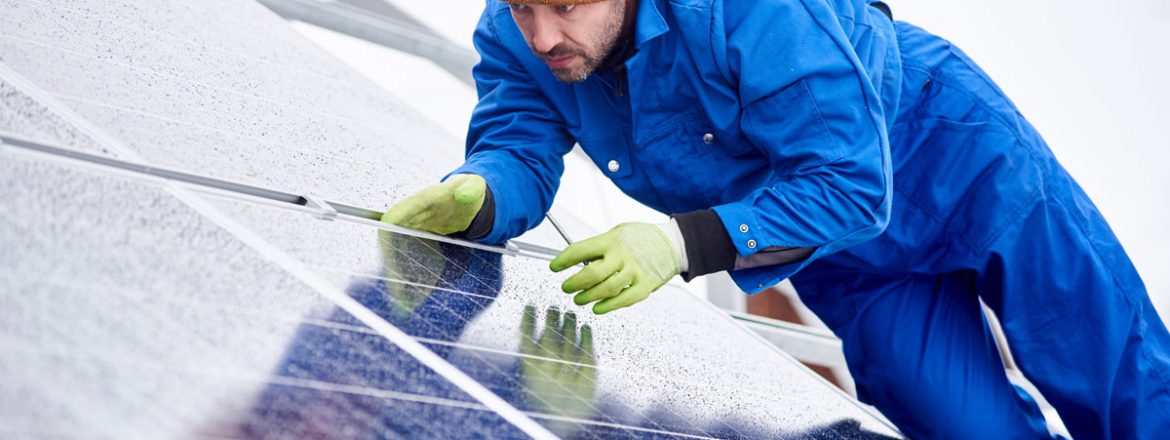
Solar panels are made out of photovoltaic cells that convert the sun’s energy into electricity. Photovoltaic cells are sandwiched between layers of semi-conducting materials such as silicon. Each layer has different electronic properties that energise when hit by photons from sunlight, creating an electric field. This is known as the photoelectric effect – and it’s this that creates the current needed to produce electricity. Solar panels generate a direct current of electricity.
“Solar panels are very safe. They’re mostly made from silicon sheets, and there’s no danger of the photovoltaic cells leaking or emitting any toxins or fumes. whether they’re in crowded urban locations or quiet rural ones.”
Solar energy information before you install
“It’s important you choose a certified installation company because they will be able to advise you on all regulations.” It’s best to talk to a few installers and get their estimates. Most of them will give you an idea of costs over the phone before arranging a survey on your home.
Ask them how long the work will take as well as what the warranty and/or guarantee for their work is. If any guarantees are insurance-backed this will help you avoid any surprises later.
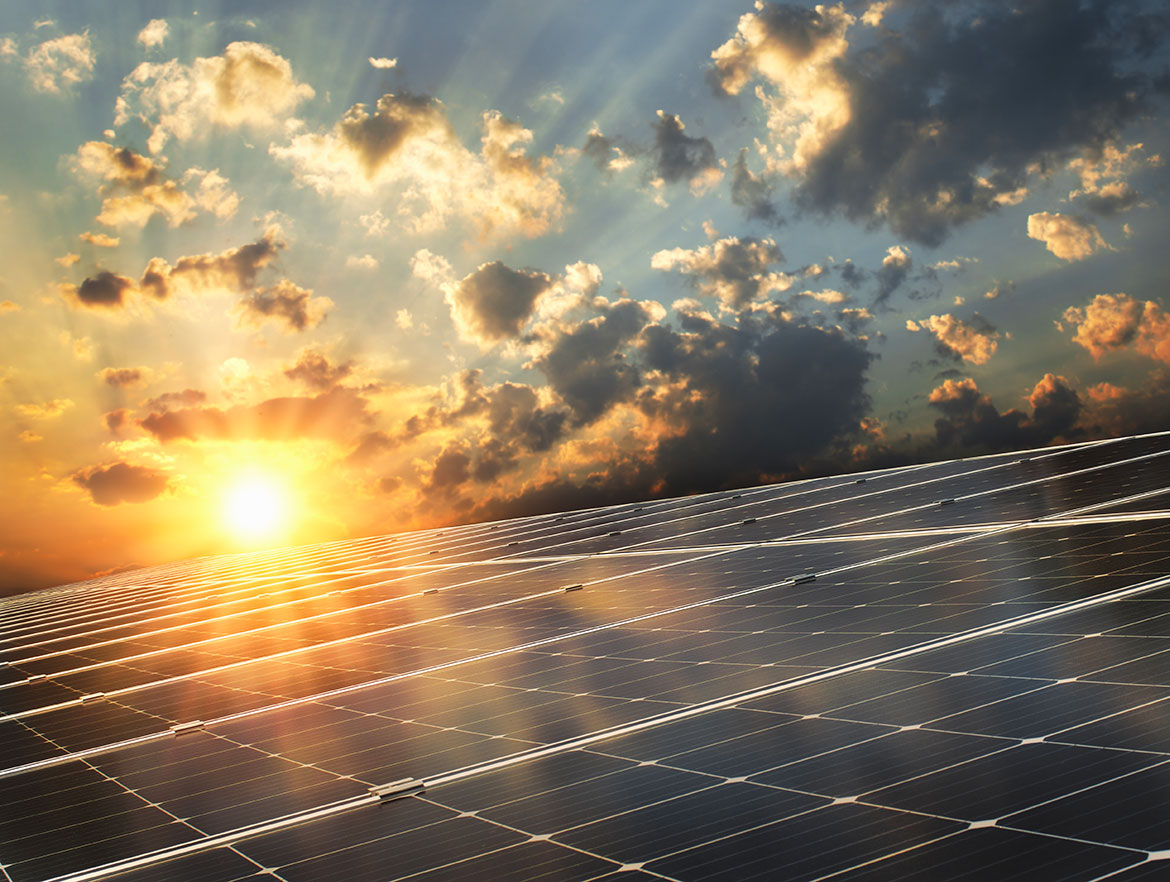
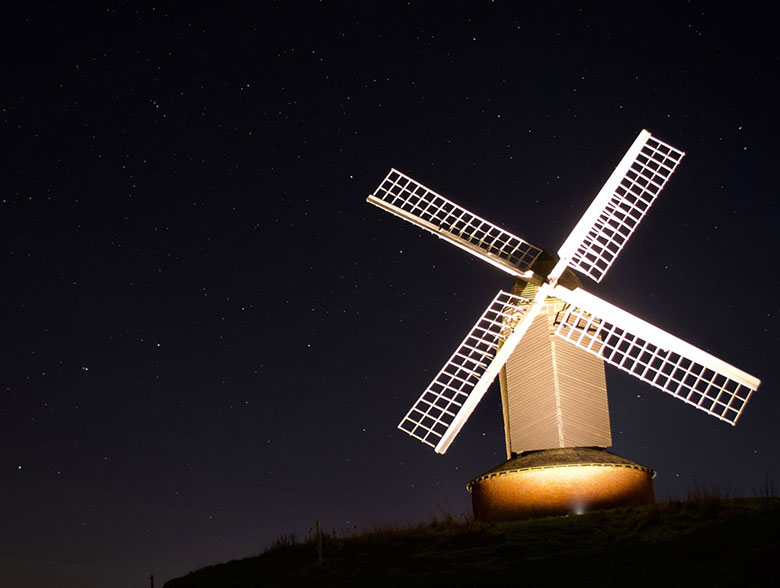
Solar energy battery storage electric and more.
Given that solar panels can only produce power when the sun is shining, storing produced but unused energy throughout the day for use at a later time has become increasingly important. For instance, solar batteries store electricity and can be drawn on during periods of low solar production. Electric vehicles are a second product poised to ride the wave of solar energy adoption. With lower maintenance costs, lower fuel costs, and a lower environmental footprint than traditional internal combustion engine vehicles.
“Solar panels don’t create any noise pollution while generating electricity. This means that installations aren’t intrusive.”
Neil Borton
When it comes to installing solar panels and switching to a more eco-friendly energy source, there’s not a one-size-fits-all approach. There are several factors worth considering to help determine if your home or business is a good candidate for solar.
“If you have solar panels, you can use battery storage technology and save the excess for later.” Our battery storage solution, Power vault 3, allows you to do just that. Now that you know the basics about solar energy, you can marvel at how today’s photovoltaic technology can capture the vast power of the sun to operate a home. It may not be rocket science—but it definitely is human ingenuity at its best.


